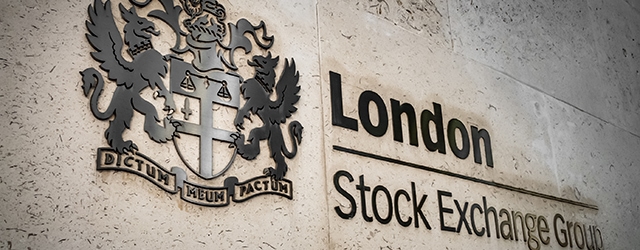Geopolitics is increasingly driving M&A developments.

Presented as a link between East and West, the proposed $36.6 billion takeover bid for the London Stock Exchange (LSE) by Hong Kong Exchanges and Clearing (HKEX) was speedily rejected by the UK exchange. The main reasons for the proposed deal were political, but politics was also the reason for its defeat.
“As China’s economic growth has accelerated, so too has Hong Kong’s role as a vital connector between East and West, and today’s announcement is the next major step on the path of connecting China and Asia with the world,” Charles Li, chief executive of HKEX, stated when the exchange announced its bid for the LSE on September 11.
The official rejection, which came only two days later, stated that the offer lacked commercial rationale, undervalued LSE assets and was unviable because of HKEX’s ties to the Hong Kong government, which has a 6% stake in the exchange and appoints six of its 13 board members.
“The ongoing situation in Hong Kong adds to this uncertainty,” LSE chairman Don Robert stated in his letter of response, referring to the ongoing protests in Hong Kong against Chinese government interference. He added: “We value our mutually beneficial partnership with the Shanghai Stock Exchange, which is our preferred and direct channel to access the many opportunities with China.” Robert’s statement didn’t go unnoticed in China, where the official People’s Daily lauded the LSE’s position.
A major hurdle for the deal was the HKEX’s opposition to the LSE’s $27 billion plan to take control of Refinitiv, a financial-data business used on bank trading floors. LSE’s investors see this as an essential deal to rival Bloomberg financial news. HKEX says it will try and woo current LSE investors over time, but Hong Kong is looking increasingly isolated.



